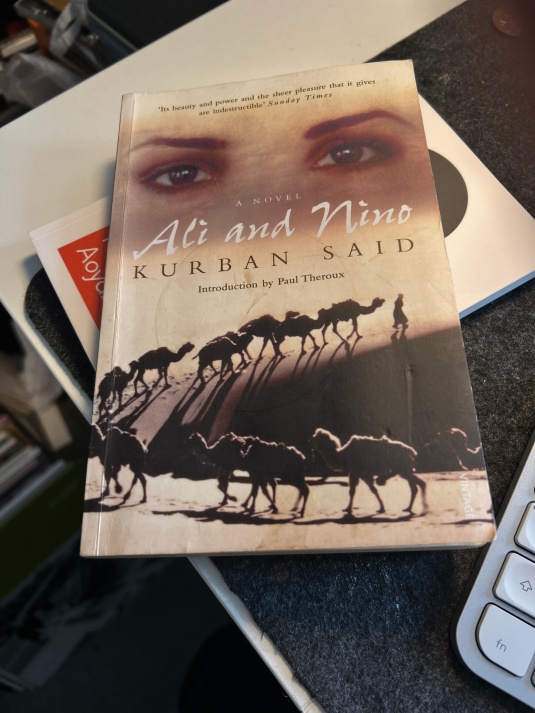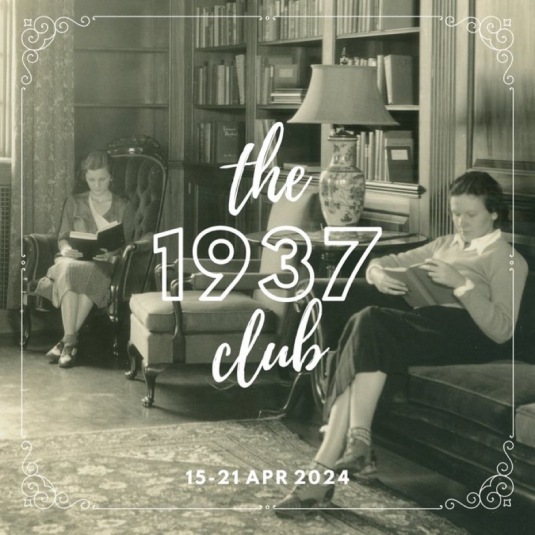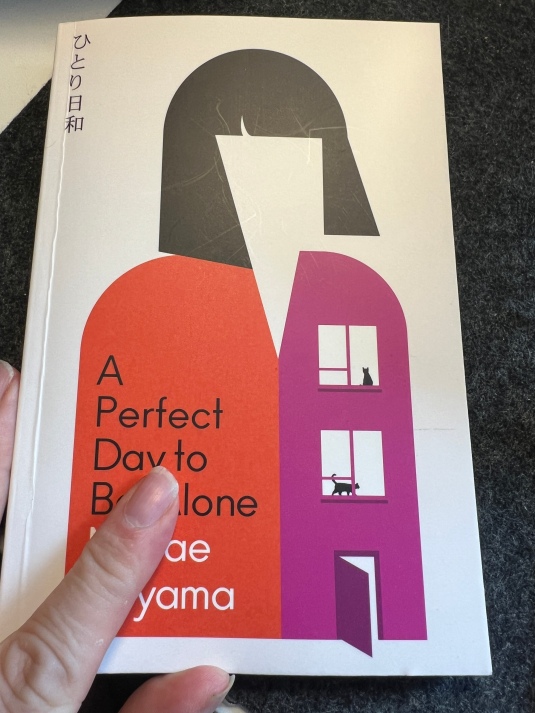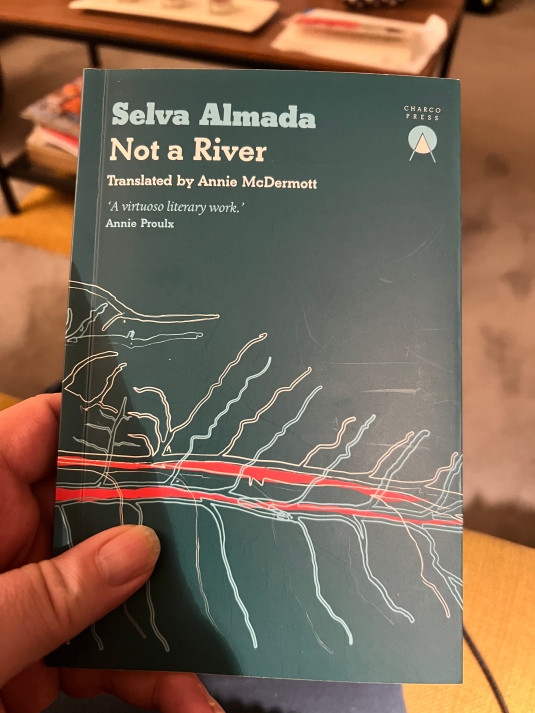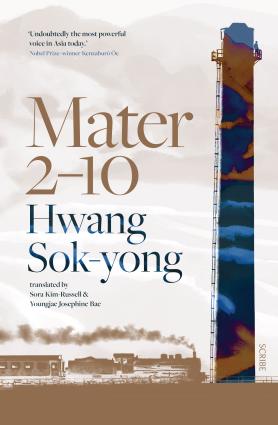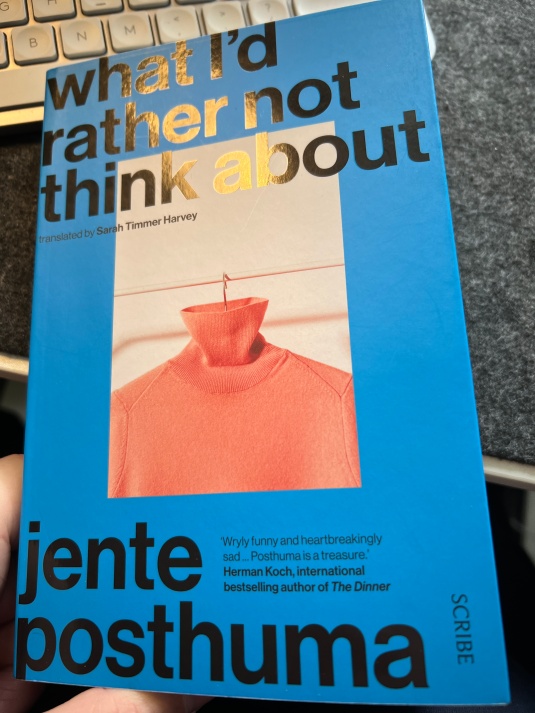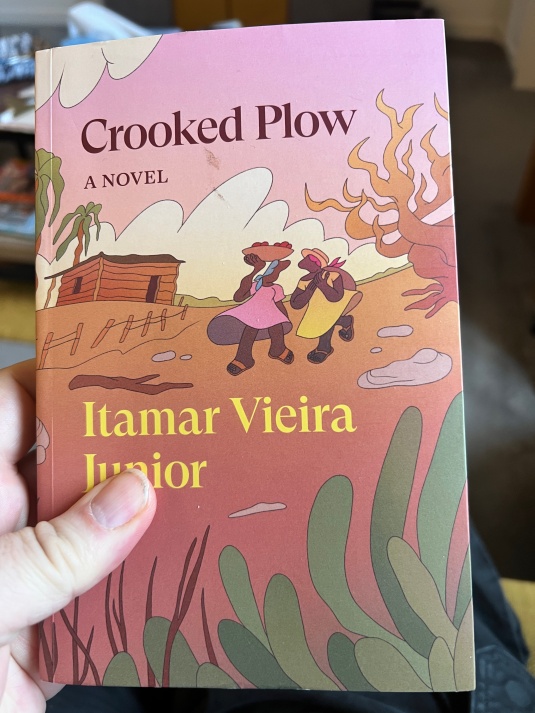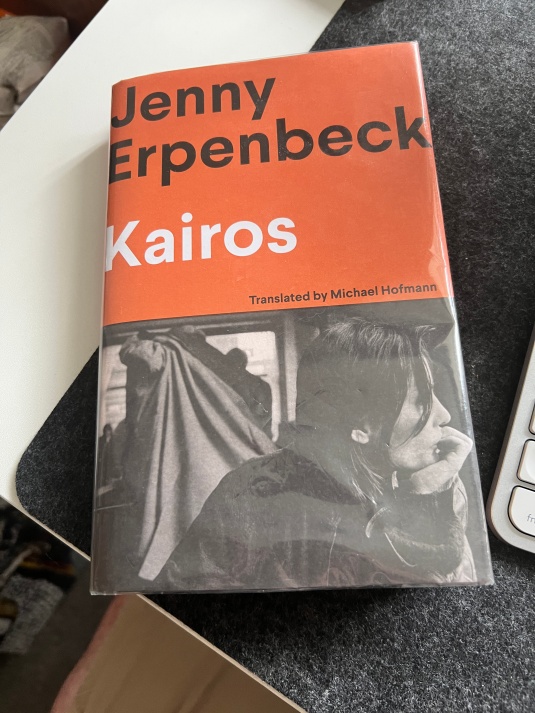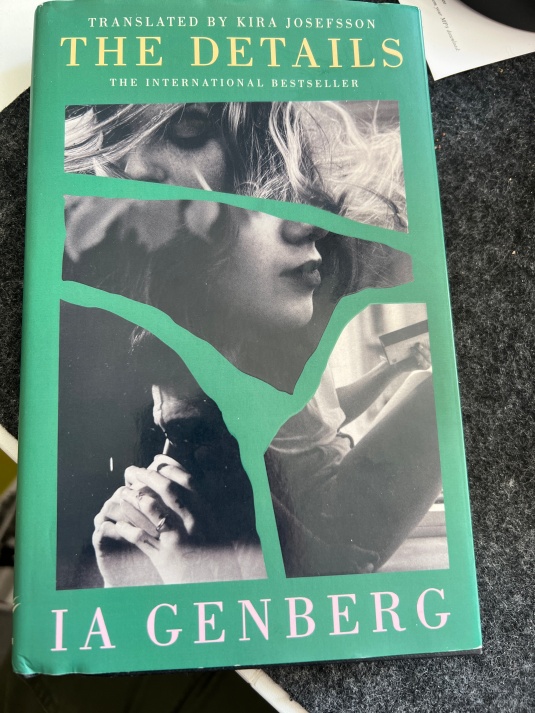
Weights and Measures by Joesph Roth
Austrian fiction
Original title – Das falsche Gewicht
Translator – David Le Vay
Source – Personal copy
I looked at the Goodreads list of books for 1937. I’m unsure if I missed this or if it wasn’t on the list of books for the year. I looked on my shelves to see if any writers I liked had missed the list, and I found this one. I am a fan of Joseph Roth, who is most well-known for The Radetzky March. In a way, all his books are around the Austro-Hungarian empire. Here is a perfect example of that: we follow a marriage falling apart, and in that, it seemed an ideal bookend to the last book I reviewed, The Start of a Marriage Going Wrong by another short lived writer. Because Roth, like Szerb, died in World War Two, he was a more problematic drinker and had just heard of the death of Ernst Toller when he died a few days later.
Once upon a time in the District of Zlotogrod there lived an Inspector of Weights and Measures whose name was Anselm Eibenschütz. His duty consisted of checking the weights and measures of the tradesmen in the entire district. So, at specified intervals, Eibenschütz went from shop to shop and investigated the yardsticks and the scales and the weights. He was accompanied by a sergeant of gendarmerie in full panoply. Thus the State made manifest its intention to use arms, if necessary, to punish cheats, in accordance with the commandment proclaimed in the Holy Scrip-tures, which considers a cheat to be the same as a thief…
The introduction to the weights and measure officer of the title in the first page.
The book follows an Artillery officer, Anselm Elbenshchutz. He has taken a job in a small town near the Russian border, working for the government as a weights and measures officer, checking that everyone is doing it right.. But what happens when this man, a gentleman and officer with his principles, tries to lay the line of the law in this place where all he sees is people bending the rules and those near him taking bribes. He makes enemies, but when his wife, who made him move, has an affair with one of his clerks and becomes pregnant, he is drawn to a beautiful, mysterious Gypsy, Euphemia. She lives with one of the men he has most upset, Jadlowker, a profiteer. He tries to make money here and there. And as his world falls apart, we see how a good man ends up in a border area as people escape Russia. His wife then gets Caught up in the cholera outbreak in the area and dies with the Baby she has conceived with Anselm’s clerk. We see the spirit of the man broken. A motif and character that Roth has done well in the other books I have read over the years by Roth.
Eibenschütz looked at her constantly. He tried to catch her eye at least once, but he did not succeed. Her eyes were wandering somewhere in the distance. God alone knew what she was thinking about!
They resumed their game and Eibenschütz won a number of hands. He was a little shamefaced as he pocketed the money. And still Euphemia sat at the table, a silent flower. She glowed and remained silent.
All around there was the usual noise, caused by the deserters.
They crouched on the floor and played cards and threw dice. As soon as they had gambled everything away they began to sing. As usual, they sang the song Ja lubyl tibia’, out of tune and with croaking voices.
The Russian deserters that come across the border to his area and the Gpysy girl he falls for
Anselm, as a person who took the weights and measures job, was what would have at one time in the UK been called a Jobsworth. He’d been on the TV show That’s Life as someone who followed the line of the law to the point. But what follows is what happens to be hidden closed doors, those little bribes that, if unchecked, like here, where he lives, grow over time and what, when he arrives, seems an easy job. It isn’t, and as his world falls apart, as I say, this is a character Robert wrote well the fallen man as a character wife having an affair enemies everywhere. A love that is with his enemies this is a man in freefall as we see all around him turn bad and his world falls apart. All this is a short novella, a lesser-known book by Roth. The place he evokes is like an Austrian Cornwall of those smugglers and people trying to make a living on the other side of the law. Borders often have this dark side, even if a few things are cheaper over the border or the world seems better over the border. Well this is my third book for club1937 and a book that isn’t as well known as his other books. Have you read Roth?
Winstons score –A solid little novella from one of the great Austrian writers






